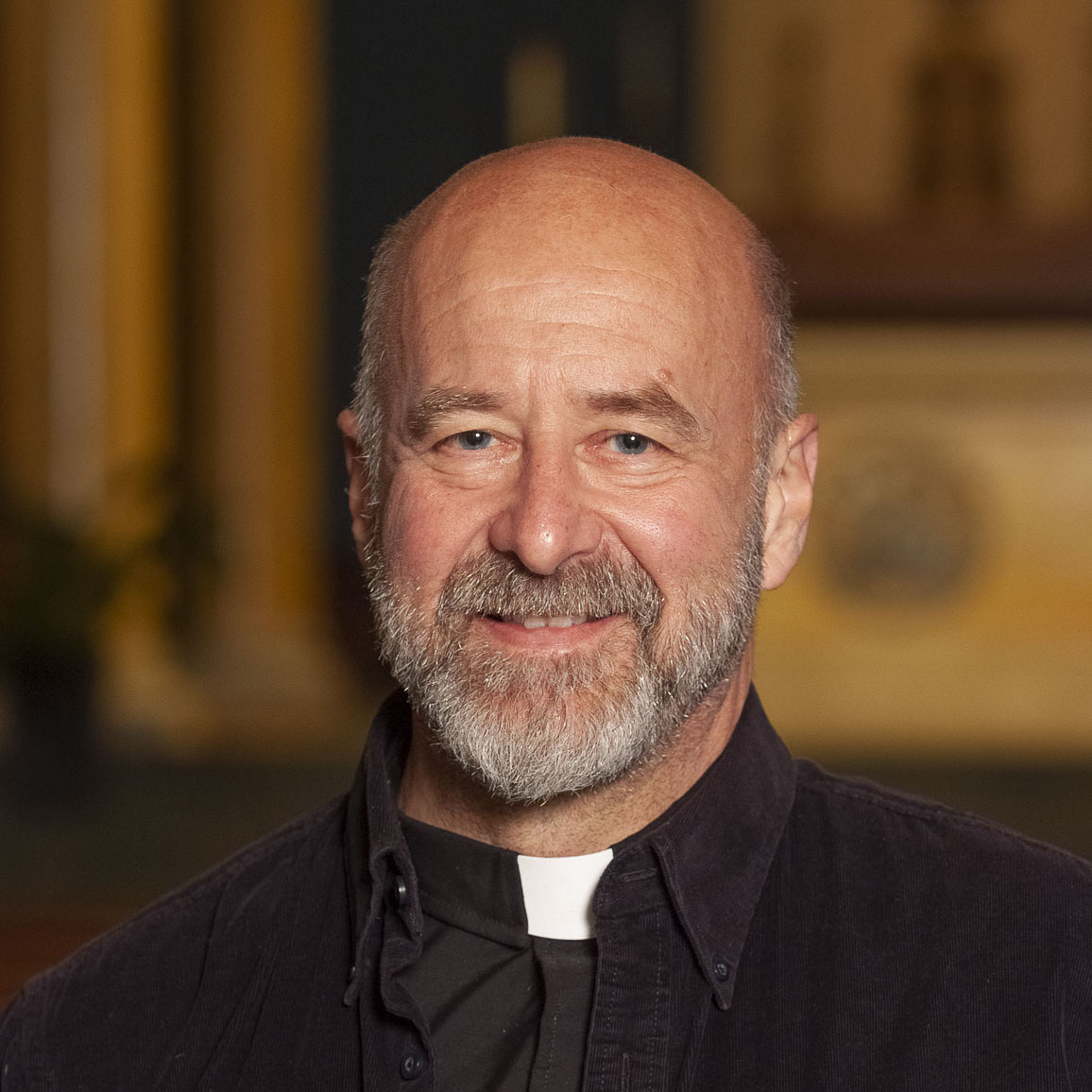 The Daily Telegraph reports that prominent English cosmologist Stephen Hawking has suggested that “heaven is a fairy story for people who are afraid of the dark.”
The Daily Telegraph reports that prominent English cosmologist Stephen Hawking has suggested that “heaven is a fairy story for people who are afraid of the dark.”
As I am both a lover of fairy tales and a believer in heaven, I am not sure whether this is an insult or a compliment. Although I do not believe heaven is a fairy tale, it is my love of fairy tales that makes me believe in heaven. Like G. K. Chesterton, I believe that fairy tales are (in their own way) more true than the barren facts of yesterday’s newspaper; and it is because of the solid truths of the fairy tales that I believe in the solid truth of heaven.
Orthodox. Faithful. Free.
Sign up to get Crisis articles delivered to your inbox daily
I use the word “solid” because I suspect what Hawking really means is that heaven is somehow insubstantial and unreal. It is, he would have us believe, a figment of our imagination — a product of wishful thinking on the part of those who are afraid of the darkness of death and ultimate annihilation.
But what makes fairy tales so concrete and real is that they are rooted in a world that is just. The wolf who devoured granny is chopped up and grandma is freed. Cinderella wins her prince. The wicked witch is pushed into the oven, and the big bad wolf gets boiled after he slides down the chimney. Fairy tales may be made-up stories, but the truths they reveal are not. They make me believe in justice, and therefore they make me believe not only in a heaven but in a hell.
Fairy tales teach us that goodness, truth, and beauty must one day be rewarded, and evil, lies, and brutality must one day be punished. We see that, in this life, justice is rarely done; and yet because there is such a thing as justice, so our hearts and minds demand that there be a place where justice is fulfilled. This is not wishful thinking: It is clearly, solidly, rationally, and soberly realistic. Expecting justice in the end is part of our nature: Good leads to life. Evil leads to destruction. Expecting justice to be the final result is as logical and sensible and scientific as expecting water to run downhill.
Hawking thinks that believing in heaven is wishful thinking. But he forgets that those who believe in heaven most often also believe in hell. They believe that each soul is answerable to God, that final, fearful Judge. If I were thinking wishfully, this is not what I would have wished for. To be honest, I would rather not have to give an account for myself to One who has every hair on my head numbered, and who does not miss even the fall of the smallest sparrow to the ground. Suddenly, the prospect of the afterlife is not so pleasant at all, and it is the person who tells himself that there is no afterlife or final judgment who is thinking wishfully.
If there is no hell to pay, then we may do as we like. We may live like the devil but never have to meet the devil. Instead, after a lifetime of crime, we may slip away into a peaceful final oblivion and never have to pay the piper. This, it seems to me, is wishful thinking in the extreme by those who are really afraid of the dark. Such folks, whether they be eminent cosmologists or errant criminals, should be reminded of the pithy wisdom of St. Padre Pio, who was once asked what he thought of modern people who did not believe in hell. He replied: “They will believe in hell when they get there.”
